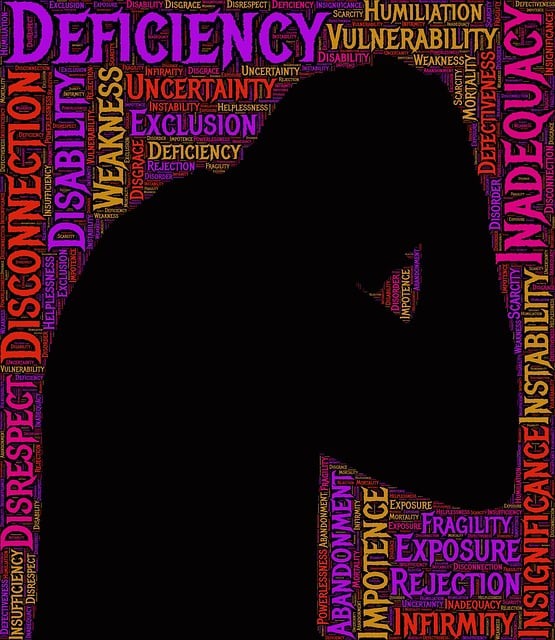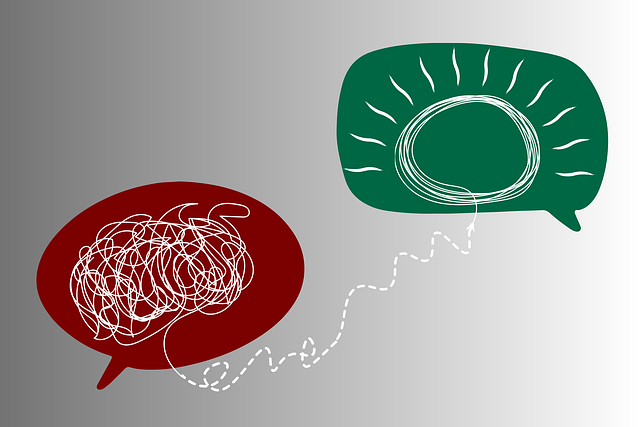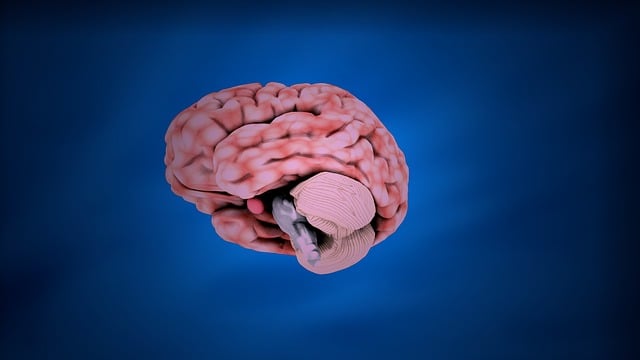Media portrayal significantly shapes public perception of mental health, especially conditions like alcohol abuse, impacting attitudes and behaviors towards affected individuals. Positive, nuanced representations in media can encourage help-seeking behaviors, reduce stigma, and promote access to services like Aurora Alcohol Abuse Therapy. Conversely, negative or stereotypical portrayals perpetuate misconceptions and discourage struggling individuals from seeking support. Mental health professionals must be aware of these effects, conduct risk assessments, and use media for positive change, integrating real-world perspectives and diverse storytelling to foster a more compassionate society where media advocates for better mental health outcomes.
In today’s digital age, media representation of mental illness significantly influences public perception. This article explores how inaccurate portrayals can perpetuate stigma, impacting individuals seeking support, such as those with alcohol abuse issues in Aurora. We delve into strategies to challenge these stereotypes, emphasizing the crucial role of therapy and support services. By promoting accurate and empathetic media representation, we aim to foster understanding, reduce judgment, and enhance access to care for those facing mental health challenges.
- Understanding the Impact of Media Portrayal on Mental Health
- The Role of Therapy and Support Services in Challenging Stereotypes
- Strategies for Promoting Accurate and Empathic Media Representation
Understanding the Impact of Media Portrayal on Mental Health

Media portrayal significantly influences public perception about mental health, shaping attitudes and behaviors towards individuals living with conditions like alcohol abuse. The impact can be profound, especially for vulnerable audiences, such as young people, who are still forming their understanding of self and others. Positive, nuanced representations in media can encourage help-seeking behaviors and reduce the stigma associated with seeking treatment, potentially leading to more individuals enrolling in programs like Aurora Alcohol Abuse Therapy. Conversely, negative or stereotypical portrayals can perpetuate misconceptions, foster prejudice, and discourage those struggling from accessing support.
Understanding these effects is crucial for mental health professionals who engage with the media or use it as an educational tool. A thorough risk assessment (for mental health professionals) should consider the potential consequences of media exposure on both practitioners and clients. By developing coping skills focused on stress management, professionals can navigate these challenges effectively, ensuring they remain sensitive to the power of media while utilizing its influence for positive change in mental health discourse and treatment accessibility.
The Role of Therapy and Support Services in Challenging Stereotypes

The representation of mental illness in media plays a pivotal role in shaping public perception and understanding. Often, media portrayals perpetuate stereotypes that stigmatize individuals living with various mental health conditions. However, incorporating accurate and nuanced stories can challenge these negative narratives. One effective strategy is to showcase characters undergoing therapy and utilizing support services as a means of recovery. Aurora Alcohol Abuse Therapy, for instance, can be a powerful tool in dispelling myths about treatability and the effectiveness of professional help. By featuring individuals who have successfully navigated their mental health journeys with the aid of therapists and support networks, media can inspire hope and empathy among viewers.
Moreover, these positive representations encourage viewers to recognize the importance of seeking assistance for themselves or loved ones. Incorporating scenes that highlight the benefits of mindfulness meditation and coping skills development not only promotes a holistic view of therapy but also empowers individuals to take charge of their mental well-being. Additionally, focusing on mood management strategies within the context of these support services can offer valuable insights into the tools and resources available for those struggling with mental illness.
Strategies for Promoting Accurate and Empathic Media Representation

To promote accurate and empathic media representation of mental illness, creators must prioritize research and consultation with experts. Involving individuals with lived experiences is another powerful strategy; their insights can ensure authentic storytelling that refrains from stereotypes. By incorporating real-world perspectives, media can humanize mental health struggles, fostering understanding and empathy among viewers. This approach not only challenges stigmatized narratives but also encourages seeking support, as seen in effective campaigns like Aurora Alcohol Abuse Therapy, which highlights the importance of reaching out for help without judgment.
Additionally, integrating Cultural Sensitivity in Mental Healthcare Practice ensures diverse representations that resonate with a broader audience. Emotional Intelligence should be at the core of these narratives; characters grappling with mental illness need nuanced portrayals that demonstrate their complexities and resilience. Such strategies collectively contribute to a more compassionate and informed society, where media serves as a tool for education and advocacy, ultimately promoting better mental health outcomes through increased awareness and reduced stigma.
Media representation plays a pivotal role in shaping public perception about mental health. By showcasing accurate and empathetic portrayals, we can challenge stereotypes and foster understanding. Aurora Alcohol Abuse Therapy highlights the importance of therapy and support services in combating these misconceptions. Through collective efforts, we can ensure media reflects the diversity of experiences, promoting a more inclusive and supportive society for those facing mental health challenges.









